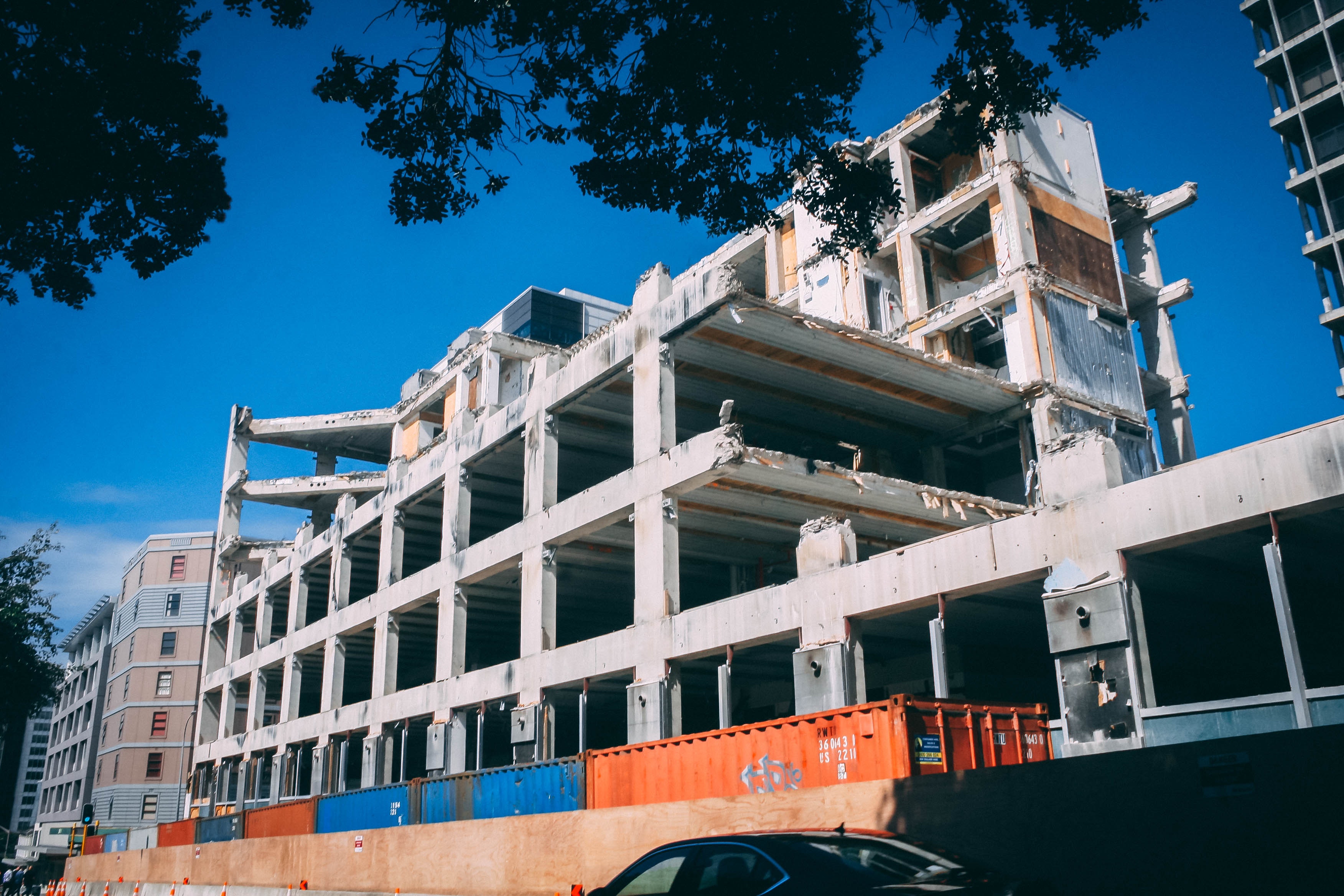Picturesque landscapes and vibrant communities might be enticing, but an underlying threat should always be taken seriously – earthquakes. If you are moving or live in an earthquake-prone area, you should always practice caution and ask the question, does my home insurance cover earthquakes? Here, we will help you understand the importance of earthquake insurance policies in high-risk areas, what they cover, how they work, and why they matter.
Does home insurance cover earthquakes?
Not all home insurance policies are created equal, and this distinction is especially important in regions prone to earthquakes.
Standard homeowners’ insurance policies are designed to cover a wide range of perils, including fire, theft, vandalism, and some natural disasters like windstorms and hail. These policies provide financial protection against many common risks that homeowners face. However, earthquakes are typically not covered by standard home insurance.
As the name suggests, Earthquake insurance is tailored specifically to protect against the damages resulting from seismic activity. In high-risk earthquake areas, relying solely on standard homeowners’ insurance can be risky. Earthquake insurance steps up where standard policies fall short.
What earthquake insurance covers
Earthquake insurance is not a one-size-fits-all solution, but it typically provides coverage in these main areas:
- Damage to your home’s structure: Earthquake insurance covers repairs or rebuilding costs for structural damage caused by an earthquake. This includes cracked walls, damaged roofs, and foundation issues.
- Personal property coverage: Earthquake insurance also covers your personal belongings inside your home. Furniture, appliances, electronics, and other valuable items damaged by an earthquake may be eligible for reimbursement.
- Additional living expenses: If your home becomes uninhabitable due to earthquake damage, earthquake insurance can help cover temporary living expenses, such as hotel stays or renting a temporary residence.
Building code upgrade coverage is another aspect of earthquake insurance. It covers the additional expenses involved in rebuilding your home to comply with current building codes, which may have changed since your home was initially constructed.
Should I get earthquake insurance?
Getting earthquake insurance ultimately depends on your personal circumstances and risk tolerance. If you live in a high-risk area, have a valuable home, and want financial protection against earthquake-related damages, earthquake insurance is likely worth considering. However, if you live in a low-risk area or have the means to cover potential damages, you may decide that earthquake insurance is optional for your situation.
Identifying high-risk earthquake areas
One of the primary geological factors contributing to earthquake risk is the presence of fault lines and tectonic plate boundaries. These are the zones where the Earth’s lithospheric plates meet and interact. When stress accumulates along these boundaries and is suddenly released, it results in the shaking we experience as earthquakes. Regions near active fault lines or plate boundaries are at a higher risk of seismic activity.
For example, the San Andreas Fault in California is an infamous example of a fault line with a long history of seismic activity. The interaction between the Pacific and North American Plate along this fault has led to numerous earthquakes.
The type of soil and rock beneath the surface also significantly influences earthquake risk. Soft, loose soils amplify ground shaking, leading to more significant structural damage. Conversely, hard, dense soils can mitigate the effects of an earthquake.
Types of earthquake insurance policies
Living in an earthquake-prone area requires a proactive approach to safeguarding your home and assets. There are different types of earthquake insurance policies available:
Standalone earthquake policies: Comprehensive coverage
Standalone earthquake insurance policies are designed specifically to cover earthquake-related damages and losses. These policies offer comprehensive coverage that includes:
- Structural damage: Coverage for repairs or rebuilding of your home’s structure in the event of earthquake damage.
- Personal property: Protection for your belongings, such as furniture, electronics, clothing, and appliances, that are damaged or lost due to seismic activity.
- Additional living expenses: You will be reimbursed for temporary housing, meals, and other necessary expenses if your home becomes uninhabitable during repairs.
Earthquake coverage through home insurance
For homeowners who prefer consolidating their insurance coverage, earthquake endorsements (also known as riders) offer an alternative. Rather than purchasing a separate earthquake insurance policy, you can add an earthquake endorsement to your homeowner’s insurance policy.
This option allows you to enhance your coverage by extending it to include earthquake-related damages. Earthquake endorsements may not offer the same level of coverage as standalone policies, so homeowners should assess their specific needs and risks before choosing this option.
Earthquake insurance in different states
Earthquake insurance coverage varies from state to state, with some areas having a higher risk of earthquakes than others.
Earthquake insurance in California
California is one of the most earthquake-prone states in the United States and has a robust earthquake insurance program. The California Earthquake Authority (CEA) is the country’s largest earthquake insurance provider, offering coverage for homeowners, mobile homeowners, condo unit owners, and renters. Homeowners insurance companies in California are required to offer earthquake insurance to their policyholders. To estimate earthquake insurance premiums in California, the CEA provides a free calculator on its website.
Earthquake insurance on the East Coast
The risk of earthquakes on the East Coast is generally lower than earthquake-prone areas like California. However, earthquake insurance coverage is still available and can be relatively affordable. Homeowners on the East Coast should consider their proximity to active faults and the potential damage an earthquake could cause to their homes. By evaluating the cost and benefits of earthquake insurance, homeowners can make informed decisions about whether to purchase coverage for their valuable assets.
Earthquake insurance is a lifeline for homeowners in high-risk areas. It protects your home and financial security in the face of seismic uncertainty. By understanding earthquake risks, coverage options, and mitigation measures, homeowners can protect themselves to make informed decisions and safeguard their homes and loved ones. Earthquake insurance isn’t just an expense; it’s an investment in your future.




